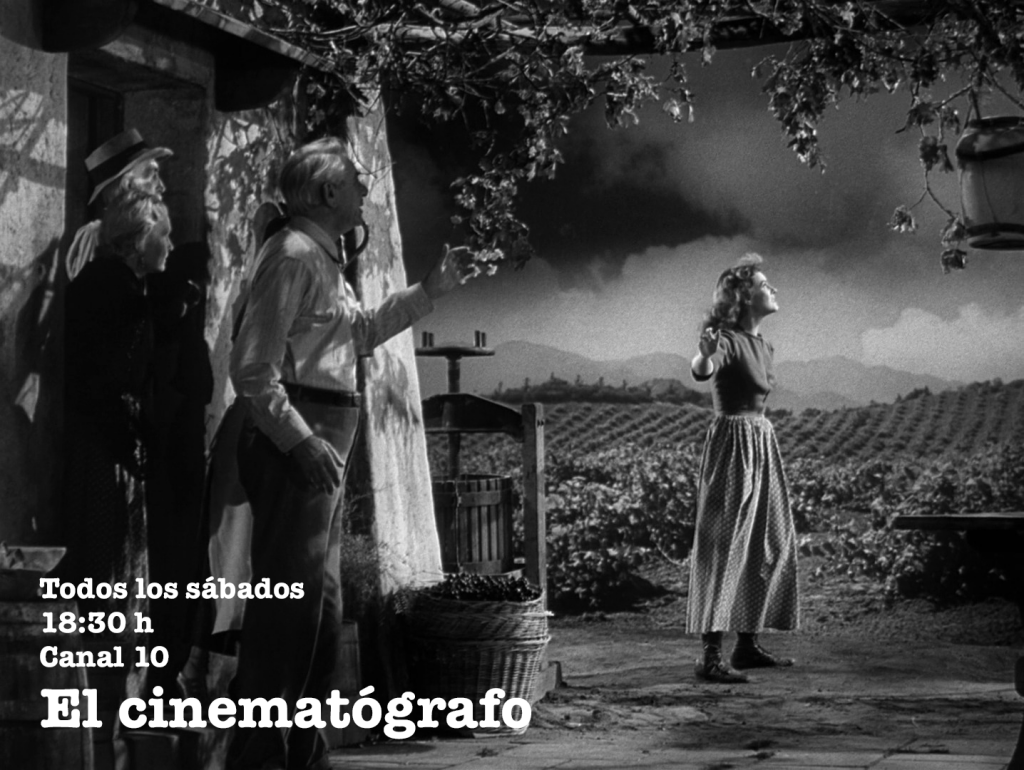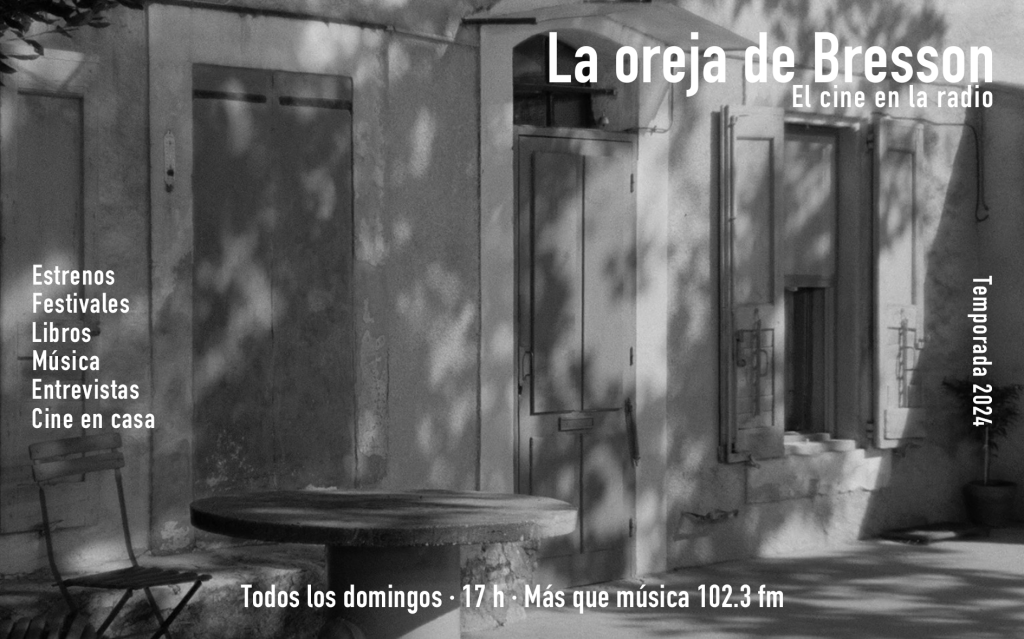
FICUNAM (02)
FESTIVAL INTERNACIONAL DE CINE UNAM: PELÍCULAS EN COMPETENCIA / FILMS IN COMPETITION
By Roger Alan Koza

En el futuro / In The Future, Mauro Andrizzi, Argentina, 2010: An intelligent meditation on time and particularly on future’s unpredictability, it was awarded the 2010 Gay Lion for Best Film of Gay Content at last Venice Festival. Though this is a valid award, it fails to reflect all the merits of the picture. A couple of kisses between men and an explicit tale of two once-straight men who were rivals in their desire for the same woman and much later become a couple does not define the director’s intent. As in his heterodox documentary Iraqui Short Film, Andrizzi puts his tale together through fragmentation: an specter remembers home and a woman talks about how she discovered his late husband’s parallel life; a couple argues about the unmentioned participation by one of them in several porno flicks and a young male shares his experience with a prostitute mysteriously marked by Fernando Pessoa’s The Book of Disquiet, among other stories. Between one tale and the next, Andrizzi intersperses the intimist tone of his static shots with sequences of unbelievable intensity and unquestionable beauty. That is the case of the sequence of kisses opening the film, the point of view of a cat, the movement of a hand fan, and a very extreme long shot of a city crossed by a lightning. It could be said that this film questions us from the future, as if it was a footstep of times to come.

Tilva Roš /Tilva Rosh, Nikola Ležaić, Serbia-Países Bajos, 2010: After finishing junior high school, Toda —the son of a miner— and Stefan —the son of a businessman— together with beautiful Dunja and other lads wait for an unstable and uncertain future. They live in a Serbian town, but it could be any town in the globalized world. Some of them will go to college while others will only have the choice of applying for a job. In the meantime, during that last summer without too many responsibilities, they roll on their skateboards across the rubble of a deserted factory or think up extreme games —masochistic at times— which they film to upload at YouTube. It is not by sheer chance they choose to jump off bridges, to travel on the roof of cars and to mark their own bodies. Extreme physical experience is an evidence for their own existence and this is also what explains the socialization on the web of their crashes and exploits; it is not narcissistic exhibitionism but the urge to build an identity in a world in which desire is absorbed by the labor market. Though Ležaić’s characters rap just as those in MTV, he chooses a formal procedure in complete opposition to the network’s audiovisual frame. His constant sequence shots reach a point of perfection in two central moments (a street demonstration followed by a minor riot by the skaters at a supermarket) where Ležaić –in complete control of the (cinematographic) space— states explicitly the political context which defines, imperceptibly, the subjectivity of his adrift creatures.
Roger Alan Koza-Ficunam 2011 / Copyleft 2011
Roš/Tilva Rosh
Serbia-Países Bajos/2010/102’/35mm/color
Dirección, guión y edición Nikola Ležaić





Últimos Comentarios